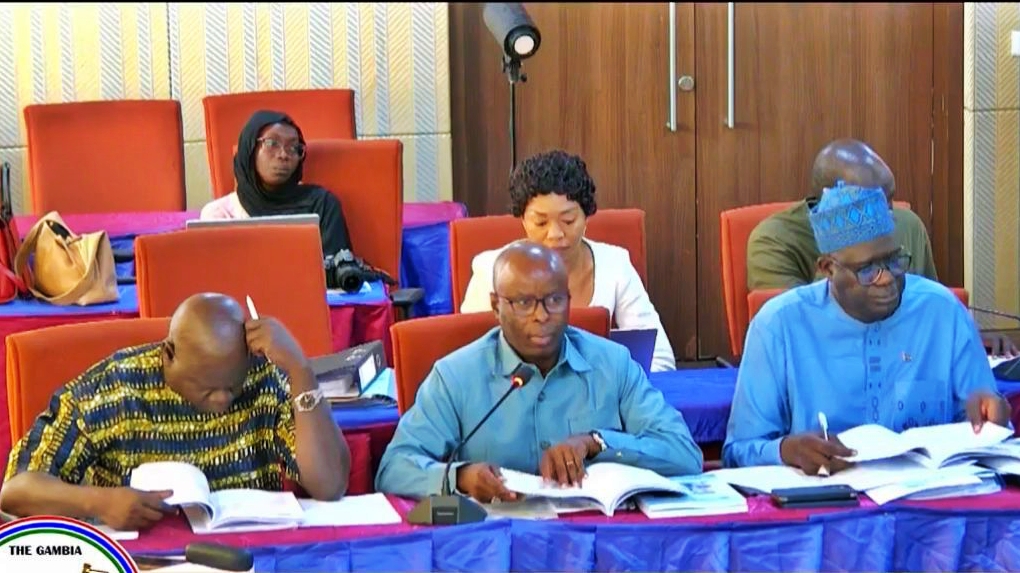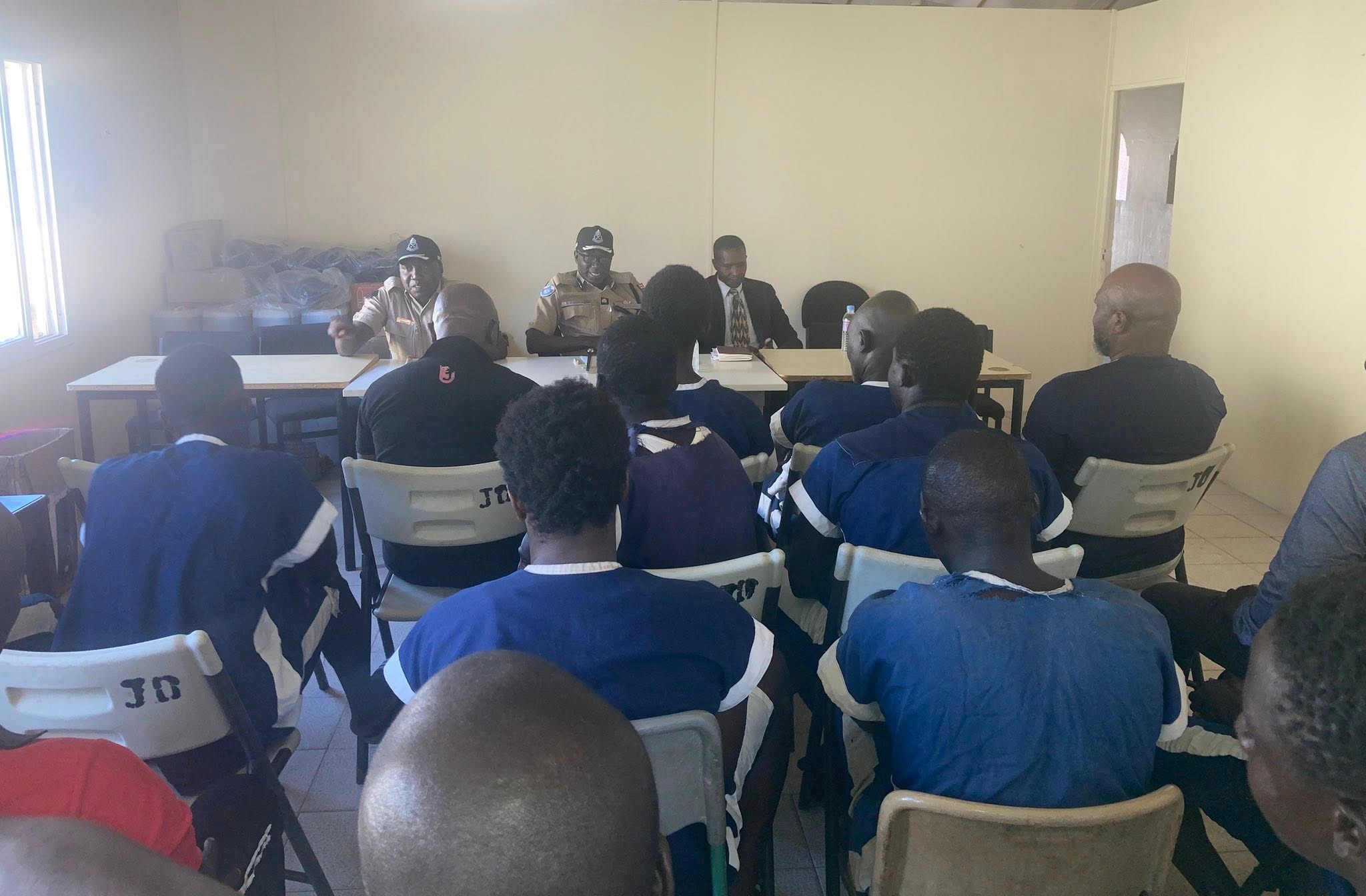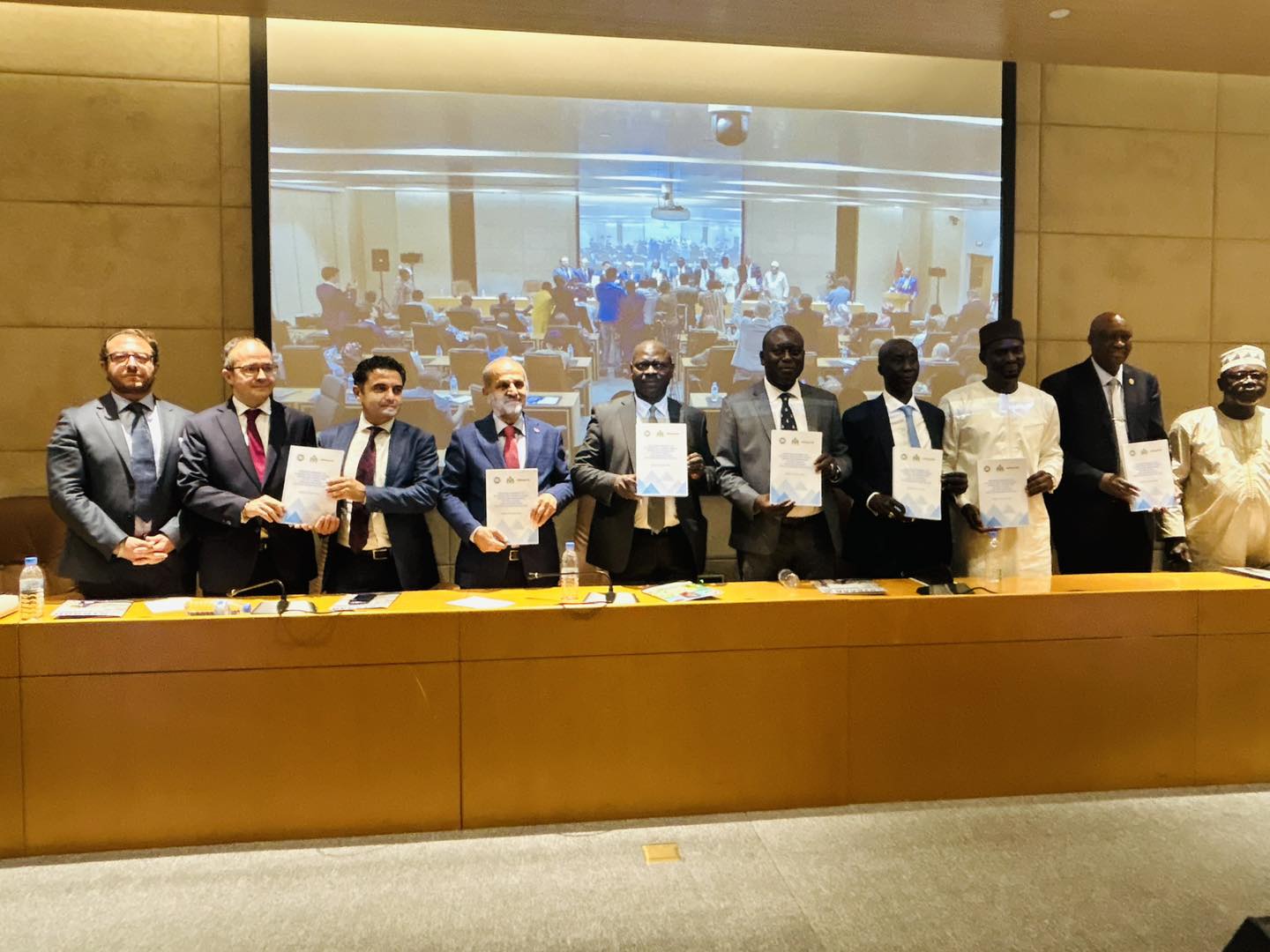Gambiaj.com – (Banjul, The Gambia) – The Minister for Works and Infrastructure, Ebrima Sillah, has admitted to faults in the handling of the Deep Sea Port (DSP) project in Sanyang, Kombo South, West Coast Region, acknowledging that the Ministry of Works and Infrastructure (MoWI) and the Gambia Ports Authority (GPA) could have managed the process more effectively.
Speaking on Suu FM’s Mengbe Kereng radio program on Saturday, February 16, 2025, Minister Sillah publicly apologized to the people of Sanyang for failing to engage them adequately before initiating key activities related to the project.
His remarks come in response to mounting pressure from community groups, including the Sanyang Village Development Committee (SVDC), Sanyang Development Fund (SDF), Deep Sea Taskforce Committee, and the Sanyang UK Association (SUKA).
These organizations have been demanding that the government reconsider the location of the DSP project, relocate it between Sanyang and Tujereng, conduct proper consultations, and reassess the scale of the land required.
During the radio discussion, both Minister Sillah and GPA Managing Director Ousman Jobarteh conceded that they had mishandled aspects of the project’s rollout, particularly regarding communication and transparency.
“During our engagement with the people of Sanyang, we realized there were significant concerns about how the project was introduced to them,” Minister Sillah admitted. “They expected official communication on our plans, but instead, we presented the project abruptly without formal notice. We failed to clearly inform them about how and when the project would start, which understandably led to frustration.”
Sillah commended the residents of Sanyang for taking a legal approach to defend their interests, including hiring a lawyer to help navigate issues related to compensation and project implementation. He acknowledged that errors were made in launching the preliminary “scooping” phase—an assessment meant to identify project needs, affected properties, and potential landowners—without first consulting the community.
“What happened was that we sent officials to the field without first engaging the people of Sanyang. This caused concern, prompting them to take their grievances to the media and demand accountability,” he stated. “We accept that this was a mistake, and we could have done better.”
In response to community outcry, Minister Sillah revealed that all scooping activities in Sanyang had been halted. Moving forward, MoWI and GPA have initiated a “pre-entry engagement” process to ensure that local stakeholders are properly involved. A meeting was held on February 15, 2025, with representatives from the Sanyang VDC, district chiefs, and indigenous alkalolu (village heads) to discuss the project’s future.
Minister Sillah also announced the formation of a steering committee that will include two representatives from Sanyang. This committee will oversee discussions on an alternative site and ensure community concerns are addressed before any further steps are taken.
Echoing Sillah’s sentiments, GPA Managing Director Ousman Jobarteh admitted that his office had committed errors, including distributing project flyers without prior community consultation. He also acknowledged that he had previously misinformed the public and the National Assembly about the number of properties affected by the project.
“We now recognize that all prior assessments must be reconsidered,” Jobarteh stated. “We have canceled the previous evaluations, and moving forward, no work will proceed until we reach a fair compromise with the people of Sanyang.”
The government’s handling of the Sanyang DSP project has underscored the importance of community engagement in national development efforts. While the recent admissions and apologies from MoWI and GPA signal a shift in approach, Sanyang residents remain firm in their demands for greater transparency and consideration in decision-making.
As discussions continue, the next steps for the DSP project will depend on the effectiveness of the newly proposed consultation mechanisms and the extent to which the concerns of the Sanyang community are genuinely addressed.










